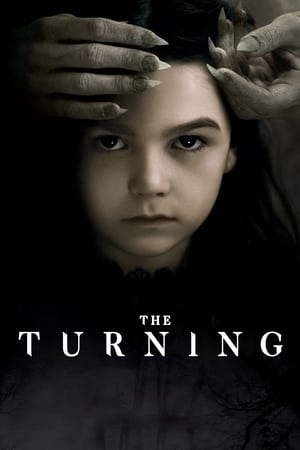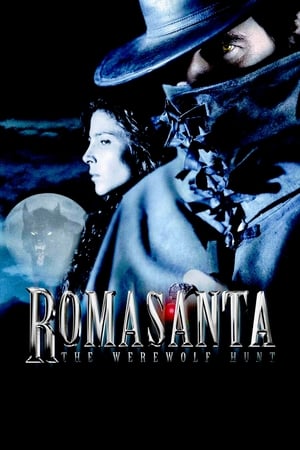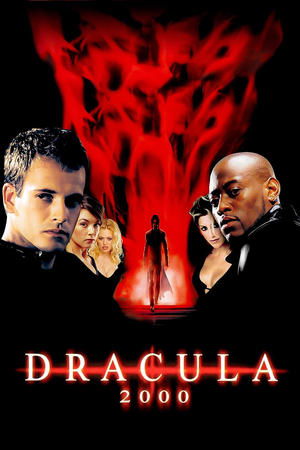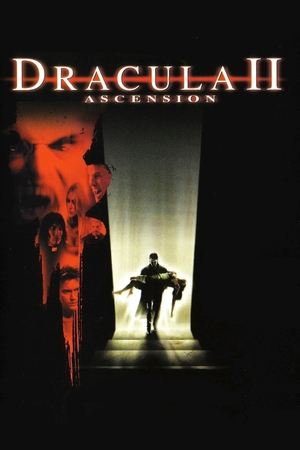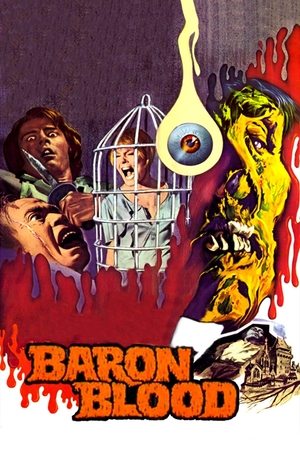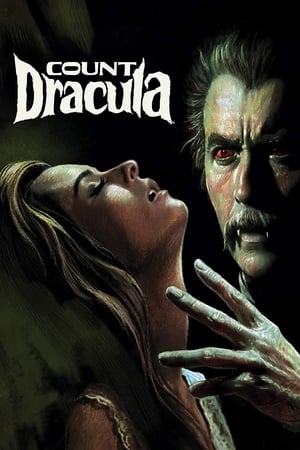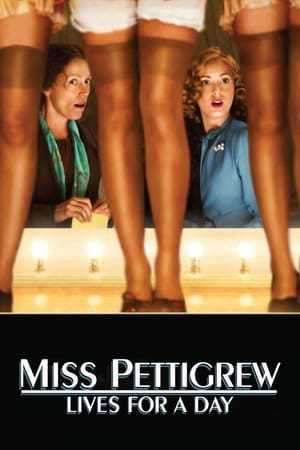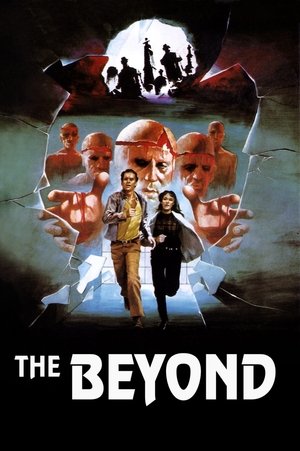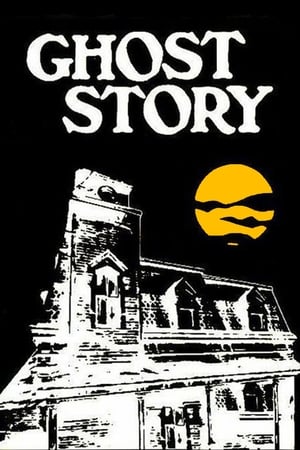Overview
Following her father's death, a teenage heiress moves in with her guardian uncle who is broke and schemes to murder his niece for her vast inheritance.
Reviews
Knowl Manor, September 1845.
Uncle Silas is directed by Charles Frank and adapted to screenplay by Ben Travers from the novel of the same name written by Sheridan Le Fanu. It stars Jean Simmons, Katina Paxinou, Derrick De Marney, Derek Bond, Sophie Stewart and Esmond Knight. Music is by Alan Rawstone and cinematography by Robert Krasker.
Upon the death of her loving father, teenager Caroline Ruthyn (Simmons) is bequeathed the family inheritance when she reaches the age of 21. In the interim she is requested to go live with her Uncle Silas (De Marney) in his ramshackle Gothic mansion. Silas was once considered unbalanced, even getting off with a murder charge when some felt he was guilty as sin, but now he seems warm towards Caroline. Is it a bluff? When Silas' weird son arrives on the scene and her fearsome former governess is found to be haunting the edges of the frames, Caroline suspects she may indeed be in danger.
A film dripping with Gothic delights, Uncle Silas is undeniably dated, as evidenced by the over acting that surrounds the excellent Simmons, but this is no Jamaica Inn. Atmosphere unbound here as Charles Frank and the brilliant Robert Krasker surround the nastiness of the plot with nightmarish visuals and scenes fit to grace any bigger budgeted horror of the decade.
The mansion is a classic fit for such a tale of heiress stalk and kill fare, though it is more run down than the opulence of something like Manderley. With 90% of the picture shot in dark and shadows, where light comes via candles and firesides, the mood of impending peril is always high. Add in a few stormy nights, mysterious rooms, locked gates and characters straight out of one of James Whale's dreams and you are good to go for bodice bedlam.
Director Charles Frank (co-writer The Late Edwina Black) had no career whatsoever, which on this evidence is baffling. OK! He wasn't able to rein in De Marney and Paxinou on this one, though in the case of the latter it's a glorious case where excess fits the nightmarish dream-scape, but some of his visual touches hint at what a good noir style director he could have been. With two nightmare sequences superb, one Brandy inspired and an array of canted angles and shadowy menaced frames filing out the piece, this shows superbly someone able to sustain foreboding atmosphere.
In some sources it is listed that Nigel Huke was co-cinematographer, but on others not so, and I certainly didn't see his name on the credits when the film rolled? But what we can see for sure is Krasker at his best. In the same year as Uncle Silas he would elevate Carol Reed's Odd Man Out to classic cinematography status, and two years later he would of course be an integral part of what made The Third Man the deservingly revered picture it is. Uncle Silas represents something of a must see for Krasker purists. It's also definitely a film that Simmons fans should seek out.
The over acting will irritate some, and the mid-point drags as it goes into gaiety mode and nearly derails the suspenseful mood that has been built up deftly. But it quickly overcomes this and gets back on track to be a cracker waiting to be gorged on by like minded film fans. It would make a nice appetiser to Ealing's brilliant Queen of Spades, or as B support to The Spiral Staircase. It was released as The Inheritance in the States, and had changes made, suffice to say that anyone interested in this movie should see only the British version. Maybe that was where Huke was involved? In the American cut? Oh well, Uncle Silas, Brit version, wonderfully kinked. 8/10
Now who doesn't like a well executed bit of Gothic mystery? Jean Simmons ("Caroline") inherits a great deal of money from her father, but until she becomes of age she must move into the ramshackle stately pile of her kindly uncle "Silas" (Derrick De Marney). Well, at least he sounded kindly - but once she is safely ensconced in his home, it soon becomes clear that he hasn't two brass farthings to rub together and so has his beady eyes on her fortune. The house also entertains his peculiar son "Austin" (Reginald Tate) and her conspiratorial governess - the nasty piece of work that is "Madama de la Rougierre" (Katina Paxinou). Aside from a slightly foppish De Marnay, this is a well cast drama with plenty of well photographed, darkly lit, scenarios to keep the mystery bubbling along - helped significantly by Simmons' wonderfully butter-wouldn't-melt characterisation of the initially gullible, but not entirely foolish "Caroline", particularly when contrasted with the juicily menacing governess. Rarely seen, but I can't think why - it has all the ingredients and although the ending is a shade on the disappointing side, is still at the top end of this light horror genre.

 98 min
98 min
 5.8
5.8
 1947
1947
 United Kingdom
United Kingdom
 John Chard wrote:
John Chard wrote: